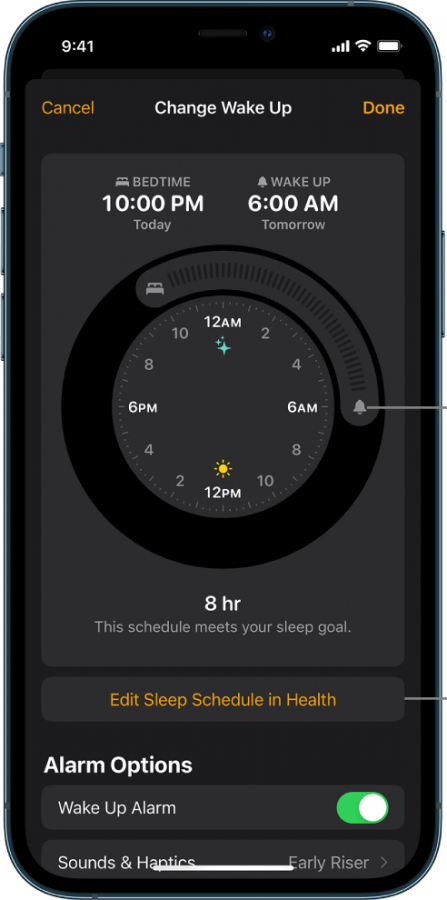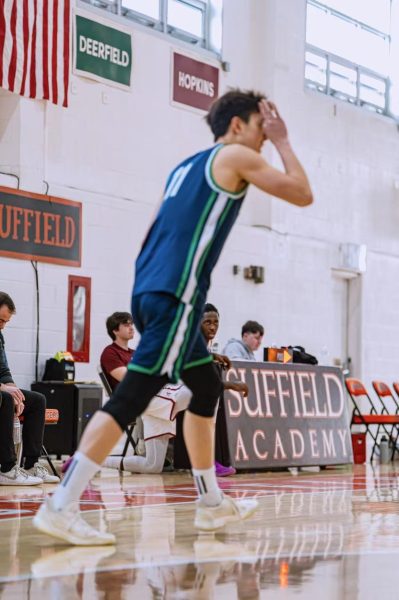Opinion: Curfew Should Differ by Grade
Editor’s Note: The following is an opinion piece, and does not necessarily reflect the views of The Willistonian.
At Williston, every single boarding student has the same curfew, regardless of age. Opposed to many other boarding schools in New England, Williston includes a 7th-8th grade middle school. After spending many years, students should gain privileges as they get older, however, they do not. Regardless of age, dorm, length of time at Williston or grades, all dorm residents are required to be back in their dorms for the night before 11:00.
Seniors at Williston will be going off to college and will lack the responsibility that comes with having a later curfew. Once Williston students leave and begin college, they will not have been introduced to how to manage their time, as the requirement for check-in, no matter the grade, is 11:00.
According to Jenna Birch, a Michigan-based writer and editor and author of Love The Gap, the average curfew of seniors in high school is between 12:00-1:00 a.m. She argues that “since many older teens are on the cusp of college life, it’s better to introduce them to social nightlife … so they can adapt to it responsibly.”
At many other boarding schools, the curfew differs between grade levels. At Tabor Academy, underclassmen are required to be in their dorms at 10:30, while upperclassmen must be at their dorm by 11:00. Northfield Mount Herman requires freshmen to be in their dorms at 10:30, while sophomores, juniors and seniors have an 11:30 curfew.
At both The Berkshire School and Deerfield Academy, underclassmen must be in their dorms by 11:00 and upperclassmen must be in 11:30.
Milton Academy, a boarding school in Eastern Massachusetts, and the Forman School both require underclassmen to be in their dorms at 10:00 and upperclassmen to be in their dorms at 11:00.
At Choate Rosemary Hall, a boarding school in Connecticut, all students have a curfew of 11:00, although seniors are allowed to have a curfew of 12:00 if they ask their prefects — what we call proctors.
At The New Hampton School, freshman have a curfew of 10:00 while seniors had a significantly later curfew of 11:30. Before Covid, students at Loomis Chafee who were underclassmen had a curfew of 11:00, while upperclassmen had a curfew of 12:00. Though the rules are slightly different right now, the school is in the process of bringing these rules back.
Extending the curfew of seniors would evoke excitement among the younger students at Williston and give them something to look forward to. Students, throughout their years at Williston, would learn how to manage their time on weekends in order to prepare for their senior year, where they would have extra time after the rest of the underclassmen are in their dorms. Williston faculty and dorm parents would learn to trust their students over the years as well.
Jules Constantinople, a four year senior proctor from East Haven, Connecticut, believes that as upperclassmen, seniors deserve more privileges.
“I feel it promotes responsibility as we would have more time on our hands and it would be our choice as to what we do with it,” Jules said. “While the school does prepare us for college, when we go to college in a year, we are not going to have a check in time and it would be important for Williston to, in a way, train the seniors to be college students.”
Dave Koritkoski, the Associate Dean of Students, explains that while juniors and seniors used to have a curfew of midnight, Williston changed it nearly 10 years ago as a result of the analyzation of sleep studies.
“Seniors and juniors on honors used to check in at midnight.” Mr. Koritkoski stated. “We moved it back due to sleep studies. It was moved to 11:00 for a reason and we do not plan to change it back.”
Koritkoski notes that many students used to complain about feeling consistently fatigued and having a check in time of 11:00 p.m. on weekends for all students forces students to get more sleep than they would with a check-in time of midnight or beyond.
Additionally, he explains that if check in is at 12:00, then the “in-room” time would change to 1:00 a.m., leaving the dorm parents to stay awake. Not only would a later curfew time affect the amount of sleep that students get, but it would also affect the amount of sleep that the dorm parent on duty is getting.
According to the Centers for Disease Control and The American Academy of Sleep Medicine, teenagers between the ages of 13-18 need between 8 and 10 hours of sleep per night. With an earlier curfew, Williston follows these scientific studies and forces the students to be in their rooms at reasonable hours.
Rylie Tirrell, a 5-year senior from Douglas, Massachusetts, understands the reasoning behind the same curfew for all students, yet believes it is time for a change.
“Seniors should be rewarded for their hard work throughout their time at Williston.” Rylie said. “However, if they misuse the privileges, it would also be the right of the school to take them away at any time.”











